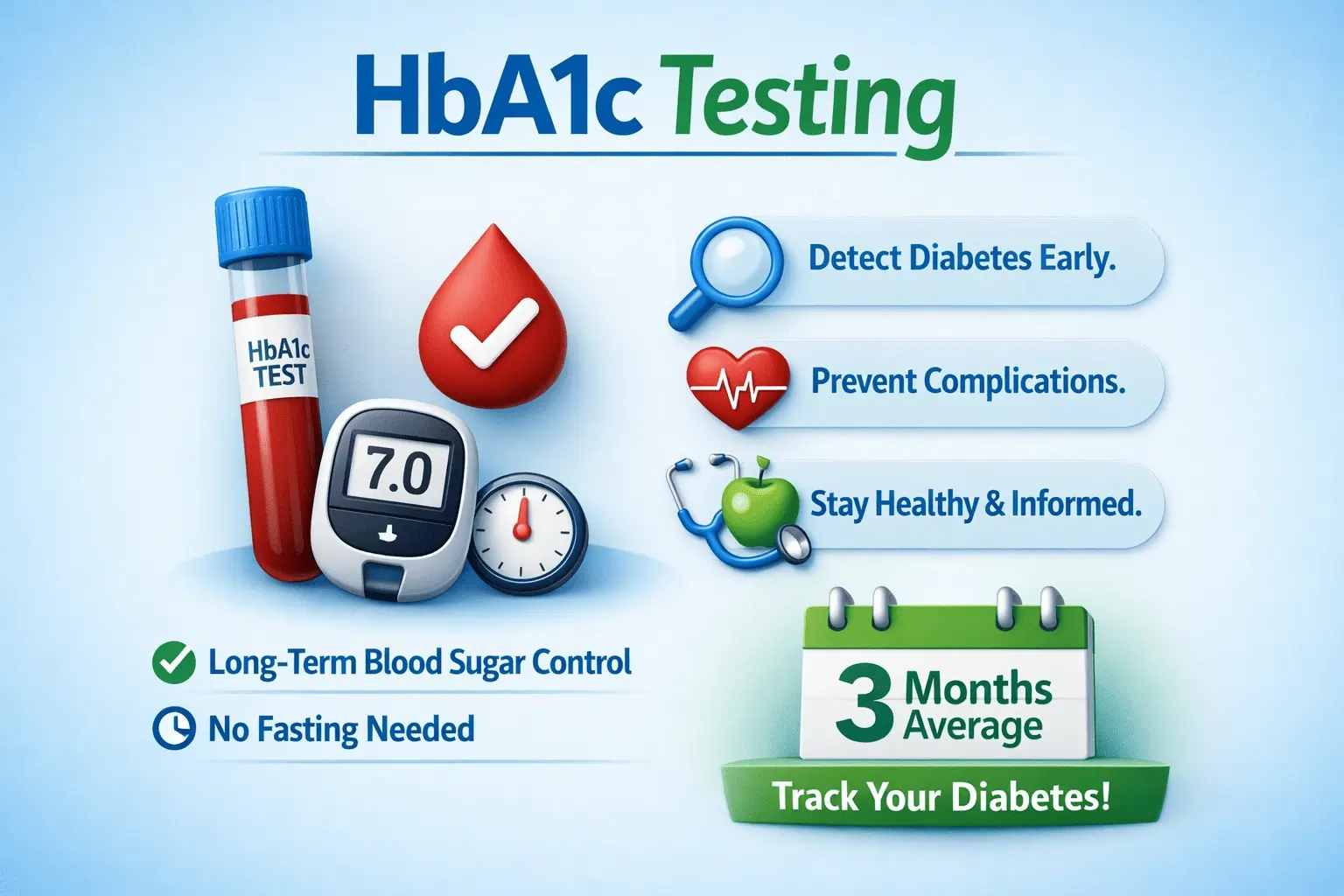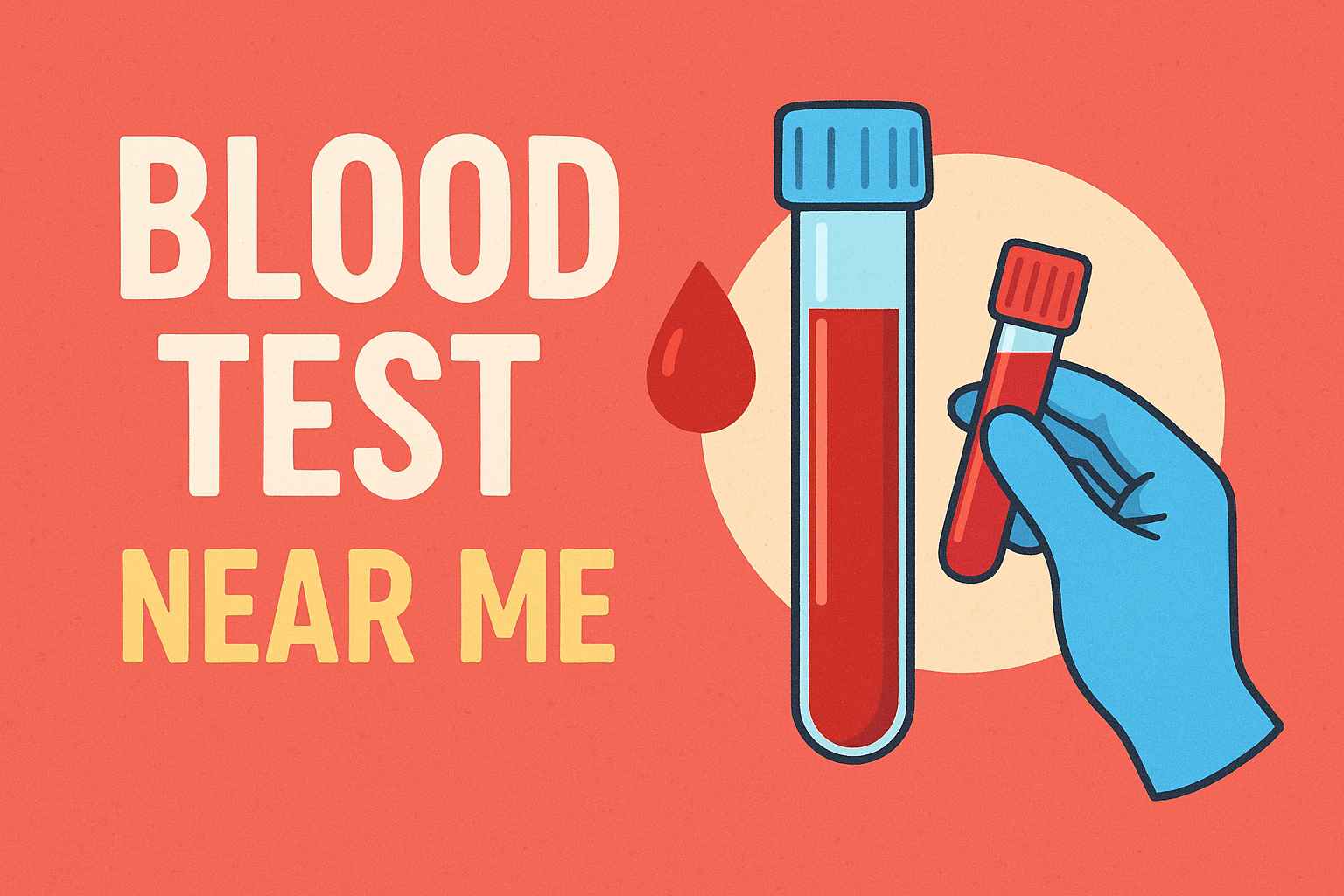Irregular periods are one of the most common gynecological concerns among women. If your period doesn’t arrive at the same time each month, comes too early or too late, or skips months altogether, you may be experiencing irregular periods. While occasional changes are often harmless, consistent irregularity may point to hormonal or reproductive health issues that need professional attention.
This article explores the causes, symptoms, and tests related to irregular periods—and offers guidance on when to seek help.
What Are Irregular Periods?
A healthy menstrual cycle usually ranges between 21 and 35 days. Irregular periods are diagnosed when:
- The time between periods keeps changing
- Periods are missed entirely
- The flow becomes heavier or lighter than usual
- Periods last longer than 7 days
- Spotting or bleeding happens between cycles
Common Causes of Irregular Periods

Many physical, hormonal, and lifestyle factors can affect your menstrual cycle. Here are the most common causes:
1. Polycystic Ovary Syndrome (PCOS)
PCOS is a hormonal disorder where the ovaries develop multiple small cysts and fail to release eggs regularly. This leads to missed or irregular periods, excess hair growth, acne, and weight gain. PCOS is one of the leading causes of infertility and menstrual irregularity.
2. Thyroid Disorders
Both hypothyroidism (underactive thyroid) and hyperthyroidism (overactive thyroid) can disrupt your cycle. The thyroid gland regulates hormones that influence your reproductive system. Imbalances can cause either overly frequent periods or skipped cycles altogether.
3. Chronic Stress
Stress impacts the hypothalamus—the part of your brain that controls hormones. When you’re constantly stressed, cortisol levels rise and can interfere with your period cycle. This might lead to delays, lighter or missed periods.
4. Weight Fluctuations
Significant changes in body weight—whether loss or gain—can influence estrogen levels and disrupt hormone balance. These shifts may impact ovulation and lead to symptoms such as heavy bleeding, missed cycles, or other signs of irregular periods.
5. Excessive Exercise
Intense physical activity, especially without proper nutrition, reduces estrogen levels. This can lead to skipped periods or even amenorrhea (no periods at all). It’s common among athletes or women training intensely without sufficient recovery.
6. Perimenopause
This is the transitional phase before menopause, usually starting in the mid-to-late 40s. Hormones like estrogen and progesterone begin to fluctuate, making cycles unpredictable. Periods may become heavier, lighter, or more spaced out.
7. Medications
Certain medicines can affect your hormonal levels, including:
- Birth control pills
- Hormone replacement therapy
- Antidepressants
- Blood thinners
These may cause irregular bleeding or delay your periods.
Symptoms That May Accompany Irregular Periods
Besides a change in cycle timing, other signs may indicate something is wrong:
- Mood Swings: Caused by hormonal fluctuations
- Pelvic Pain or Cramping: May point to PCOS, endometriosis, or fibroids
- Breast Tenderness: Due to high estrogen levels
- Fatigue or Weakness: Especially after heavy bleeding
- Acne or Skin Changes: Often linked with hormonal imbalance
- Hair Loss or Facial Hair: Common in PCOS
- Bloating or Water Retention: A hormonal side effect
If you’re experiencing any of these along with irregular periods, testing is recommended.
Recommended Tests for Irregular Periods
At Nayab Labs, we offer specialized hormone and reproductive health testing. These include:
| Category | Test Name | Purpose |
|---|---|---|
| Hormonal Tests | FSH (Follicle Stimulating Hormone) | Evaluates ovarian function and menstrual cycle regulation |
| LH (Luteinizing Hormone) | Assesses ovulation and fertility status | |
| Prolactin | High levels can cause missed | |
| TSH (Thyroid Stimulating Hormone) | Detects thyroid disorders affecting the cycle | |
| Estradiol | Measures estrogen levels for hormonal balance | |
| Testosterone (Total/Free) | Helps diagnose PCOS or androgen imbalance | |
| Imaging | Pelvic Ultrasound | Checks for ovarian cysts, fibroids, or uterine abnormalities |
| Metabolic Tests | Blood Sugar (Fasting) | Detects insulin resistance or diabetes, common in PCOS |
| Insulin Levels | Elevated levels may indicate PCOS-related metabolic issues | |
| Nutritional Tests | Vitamin D | Low levels may affect hormone regulation |
| Vitamin B12 | Important for overall reproductive and nerve health | |
| General Tests | CBC (Complete Blood Count) | Identifies anemia or other conditions caused by heavy bleeding |
Why Choose Nayab Labs?
At Nayab Labs & Diagnostic Centre, we are committed to women’s health and offer:
- Certified hormone testing
- Advanced diagnostic equipment
- Affordable female health packages
- Online report access
- Home sample collection
📍 Branches: Locations
📞 UAN: 051-111-770-770
📱 WhatsApp: +92-311-8770770
Final Thoughts
Irregular periods may seem like a minor issue, but they can be a sign of more serious hormonal or reproductive concerns. Early testing and diagnosis are key to staying healthy. Book your hormonal test or women’s health package at Nayab Labs today and take charge of your reproductive wellness.









